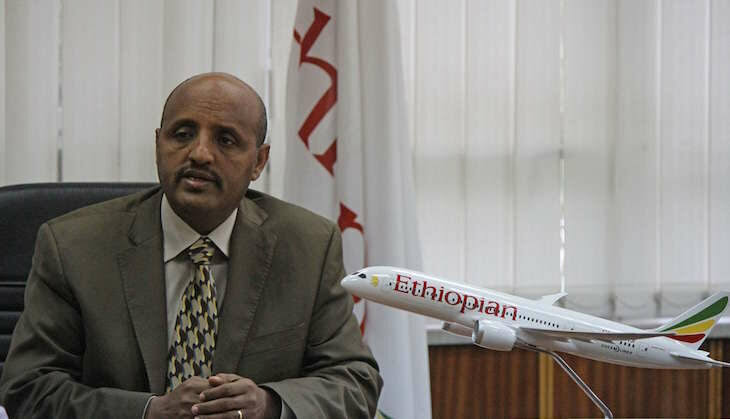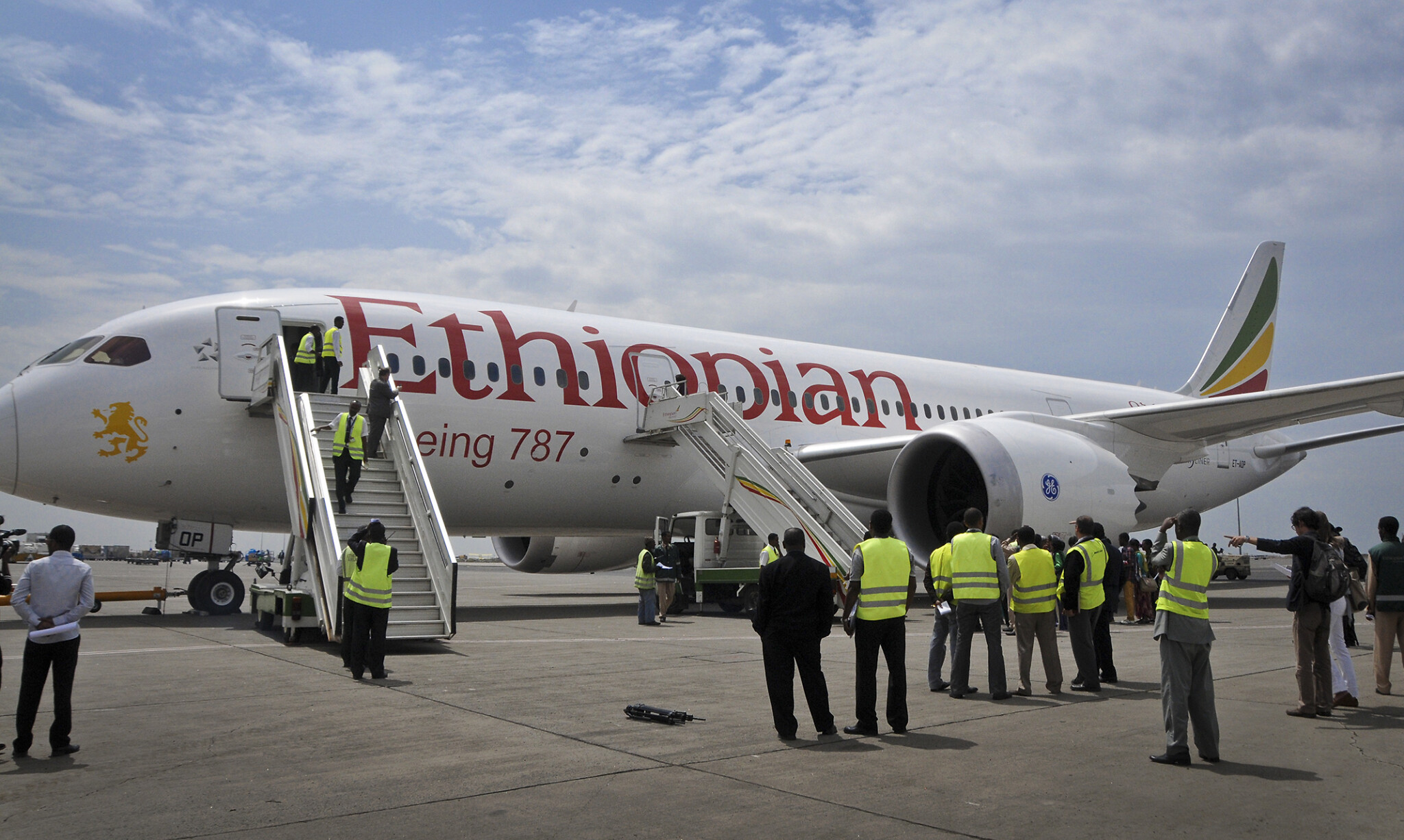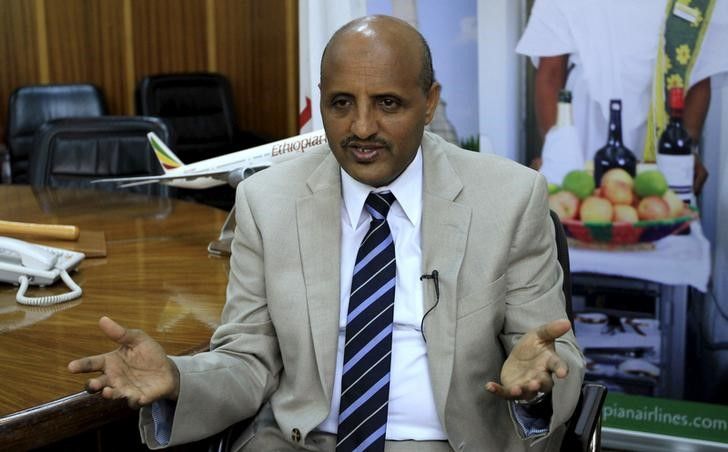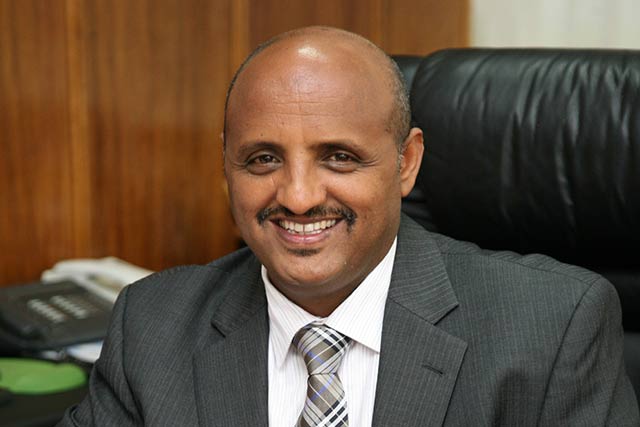Ethiopian Airlines Launches Africa’s First IATA Travel Pass Trials
Ethiopia Airlines has announced that it will be trialing IATA’s Travel Pass – a digital health passport that will make the verification of COVID-19 tests and vaccinations easier for the carrier. The Airlines is now the first African carrier to run through a test of the mobile app, joining other airlines such as Emirates, SWISS, Singapore Airlines, and more.

“Ethiopian has gone digital in all of its operations to avoid physical contact and combat the spread of the pandemic and now, embarks on this initiative which will allow passengers to relish unparalleled flight experience.” -Ethiopian Airlines official statement
Read also:Here Is What Ethio Telecom’s TeleBirr Means For Mobile Money Service In Ethiopia
The IATA Travel Pass, which will help verify the authenticity of test information presented by travelers, will be used by Ethiopian Airlines on two flights out of Addis Ababa Bole International Airport (ADD):
Washington D.C. – Washington Dulles International Airport (IAD)
Toronto – Lester B. Pearson International Airport (YYZ)
For flights to Addis Ababa, two airports will participate in this trial:
London Heathrow (LHR)
Toronto – Lester B. Pearson International Airport (YYZ)
The airline notes that this was effective as of April 25th, 2021, meaning that the trial is already underway.
Ethiopian flights to Toronto and Washington include technical stops, but this has not been included in the map to reduce confusion.
According to Mr. Tewolde GebreMariam, Group CEO of Ethiopian Airlines says that digital technology is vital to solving many of the problems that arise from the pandemic, “We are glad that we are offering new digital opportunities to our passengers so as to fully and safely restart air travel. Our customers will enjoy efficient, contactless and safer travel experience with their travel pass digital passport. As a safety first airline, we have become the first African airline to trail IATA’s travel pass initiative to facilitate travel.”
Read also:Why South African Businesses Adopted Hybrid Cloud at Increasing Rate In 2020
For those still unfamiliar with IATA’s Travel Pass, the mobile app is designed to be a digital health passport of sorts, which will receive test and vaccination certificates and verify that they are sufficient for the traveler’s specific route.
The app will share testing or vaccination certificates with airlines and authorities to facilitate travel. “The digital travel app will also avoid fraudulent documentation and make air travel more convenient,” the airline’s official messaging adds.
Meanwhile, Nick Careen, IATA Senior Vice President for Airport, Passenger, Cargo, and Security, hopes that Ethiopian’s leadership will lead to other carriers on the continent following suit. As part of the airline’s official statement, Careen urges governments in Africa to “accelerate the acceptance of digital health credentials for travel across the continent.”
Kelechi Deca

Kelechi Deca has over two decades of media experience, he has traveled to over 77 countries reporting on multilateral development institutions, international business, trade, travels, culture, and diplomacy. He is also a petrol head with in-depth knowledge of automobiles and the auto industry
















